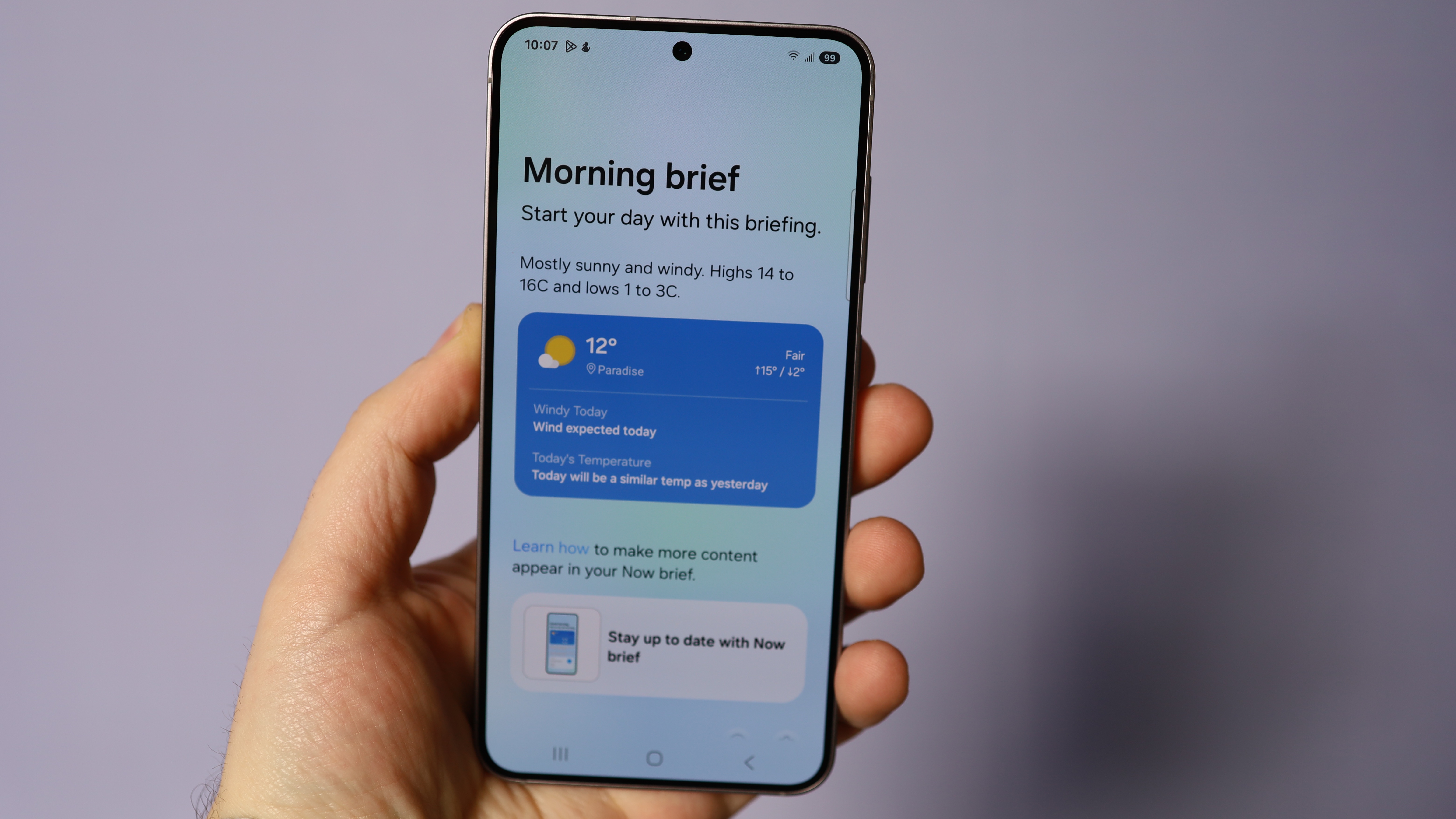There they sat, Samsung Galaxy S25 Ultra’s three proud mother and father: Samsung, Google, and Qualcomm. Samsung performs the biggest parental position, however all three have lent a guiding hand in creating what’s arguably extra of a cellular AI system than a mere smartphone.
Samsung’s Executive Vice President and Head of Customer Experience Office Jay Kim, Google President, Android Ecosystem, Sameer Samat, and Qualcomm SVP & GM of Mobile Handset Christopher Patrick gathered on stage a day after the official Samsung Unpacked festivities the place the corporate launched its new line of Galaxy S25 handsets (4 in all for those who depend the teased S25 Edge).
The group talked at size about their shut partnership and the sensible points of bringing an AI telephone to life. Samsung gives the design and a lot of the {hardware}, however it’s Google that gives the subsystem, Android, Gemini generative assistant, and the Gemini fashions that lots of the telephone’s core generative options depend on. Finally, Qualcomm offered the telephone’s brains with a bespoke model of its quickest cellular chip: the Snapdragon Gen 8 Elite for Galaxy.
The group was led in dialog by analyst Bob O’Donnell of TECHalysis and joined by the University of London and Symmetry’s Chief Innovation Officer, Dr. Chris Brauer.
The group described many late-night telephone calls and an nearly fixed dialogue about how one can combine AI all through the cellular system. Google is deeply invested within the Samsung expertise and its success, giving Samsung early entry to all the most recent Gemini fashions and options.
It’s why the Samsung Galaxy S25 extremely, which I’m at the moment testing, has the most recent version of Circle to Search that may additionally establish sounds in movies and why the most recent model of Gemini Advanced is on the market on all S25 telephones as a six-month trial. The tri-partnership is how Qualcomm constructed a particular core on the Snapdragon Gen 8 Elite to deal with Samsung’s Personal Data Engine domestically.
The partnership can be how my S25 Ultra can funnel a single immediate by means of each Google and Samsung first-party apps. This means a single question can faucet into each Google Search and Samsung Calendar, YouTube, and Samsung Notes.
And it’s how the facet button on the Samsung Galaxy S25 sequence is now a Gemini button.
A matter of belief
Google’s Samat stated that working so intently collectively required a degree of belief between the organizations and deep collaboration on each element of the {hardware} and software program expertise.
Samat admitted, “We do disagree ceaselessly. There was disagreement on how lengthy to press the button earlier than the assistant exhibits up.”
The group did not go into any particular particulars, although. What we all know is that it takes maybe a second and a half after the lengthy press for Gemini to seem. Did Google desire a longer press? Samsung a shorter one? We could by no means know, however it’s clear that they labored it out satisfactorily.
As Samat famous, “Productive disagreement on product design is important.”
For his half, Qualcomm’s Patrick additionally recalled “late-night calls and occasional disagreements.”
When requested about what retains them up at evening, Samsung’s Kim joked, “Other than Samir calling – identical factor on Qualcomm facet – I by no means sleep.”
AI’s vibrant, daunting future

Across the group, they’re shocked – and possibly a bit daunted – on the tempo of change. “I’ve labored on this area for 20-plus years and I’ve by no means seen the sorts of leaps we’re experiencing now,” stated Samat.
Qualcomm’s Patrick stated he hopes that as an trade, “we now have the willpower to do what it takes to work collectively, and typically it takes some pure rivals to work collectively.”
This group and the trade do have their work reduce out for them. Dr. Brauer, who has been monitoring the trade, introduced new numbers displaying a meteoric rise in client curiosity over simply six months. A examine in July of final yr, across the time of the Galaxy AI’s launch, discovered that 16% of customers recognized themselves as frequent and heavy AI customers. Now the quantity is 27%.
It appears that to fulfill this demand, the partnership – disagreements and all – is simply simply starting.
